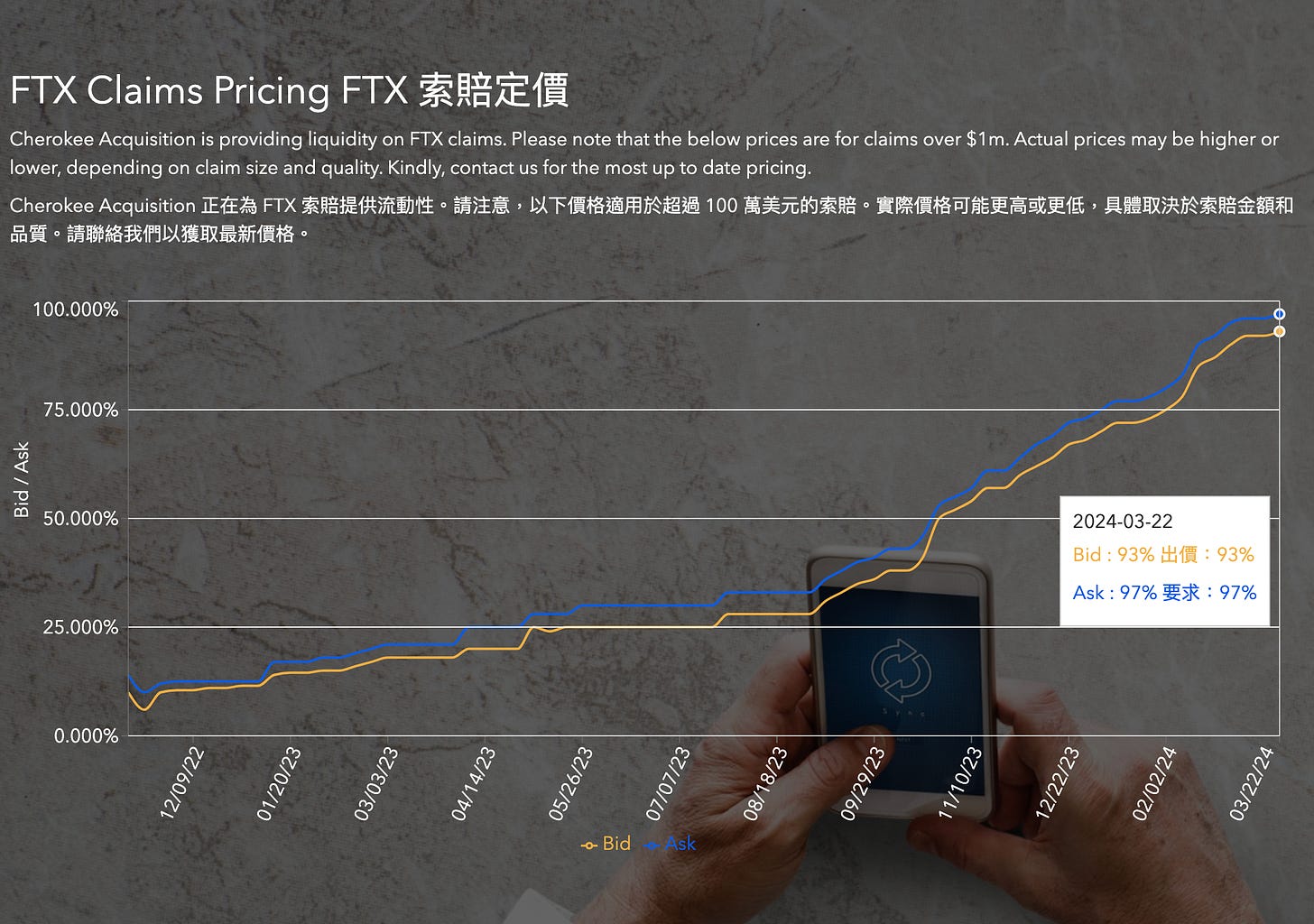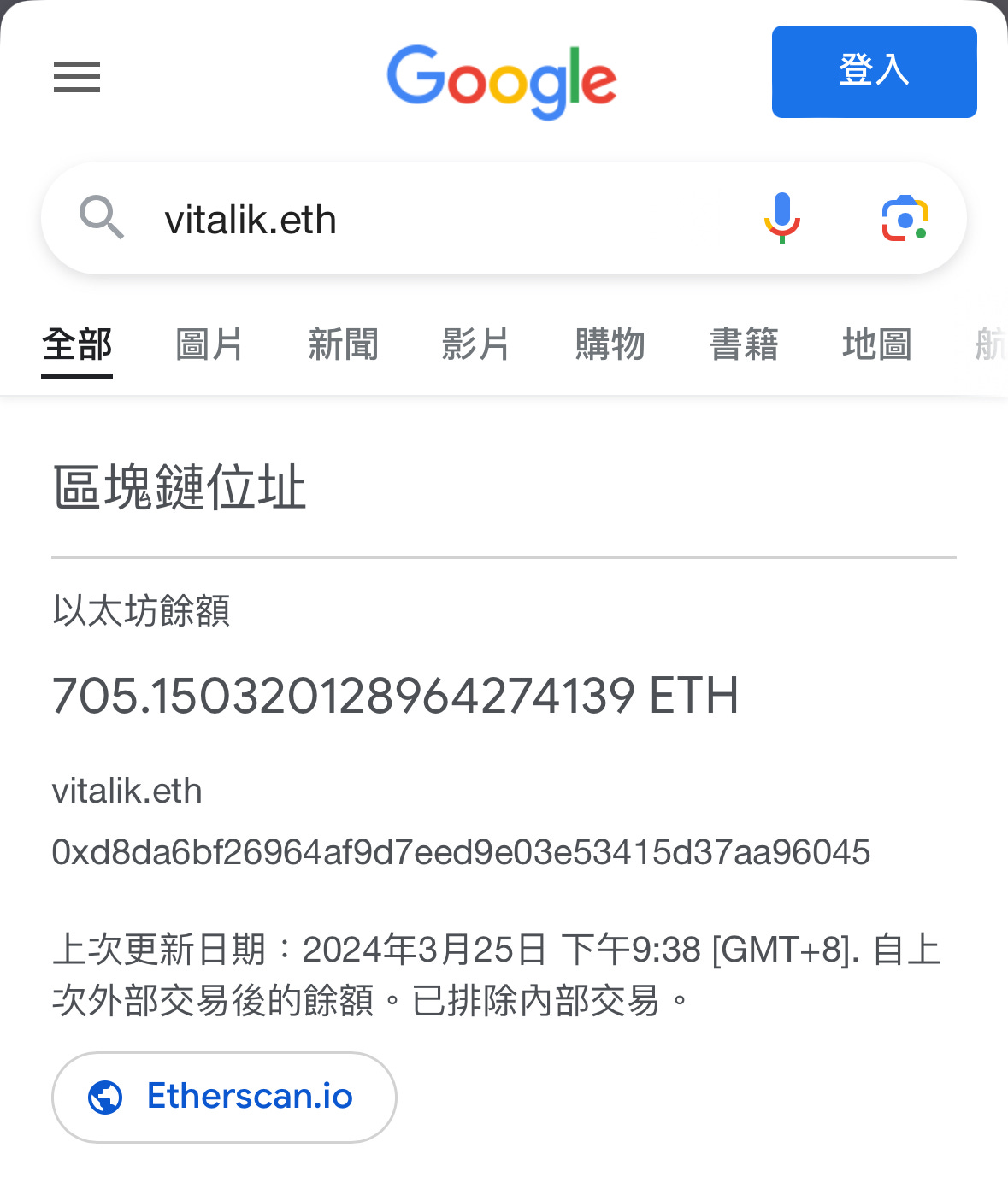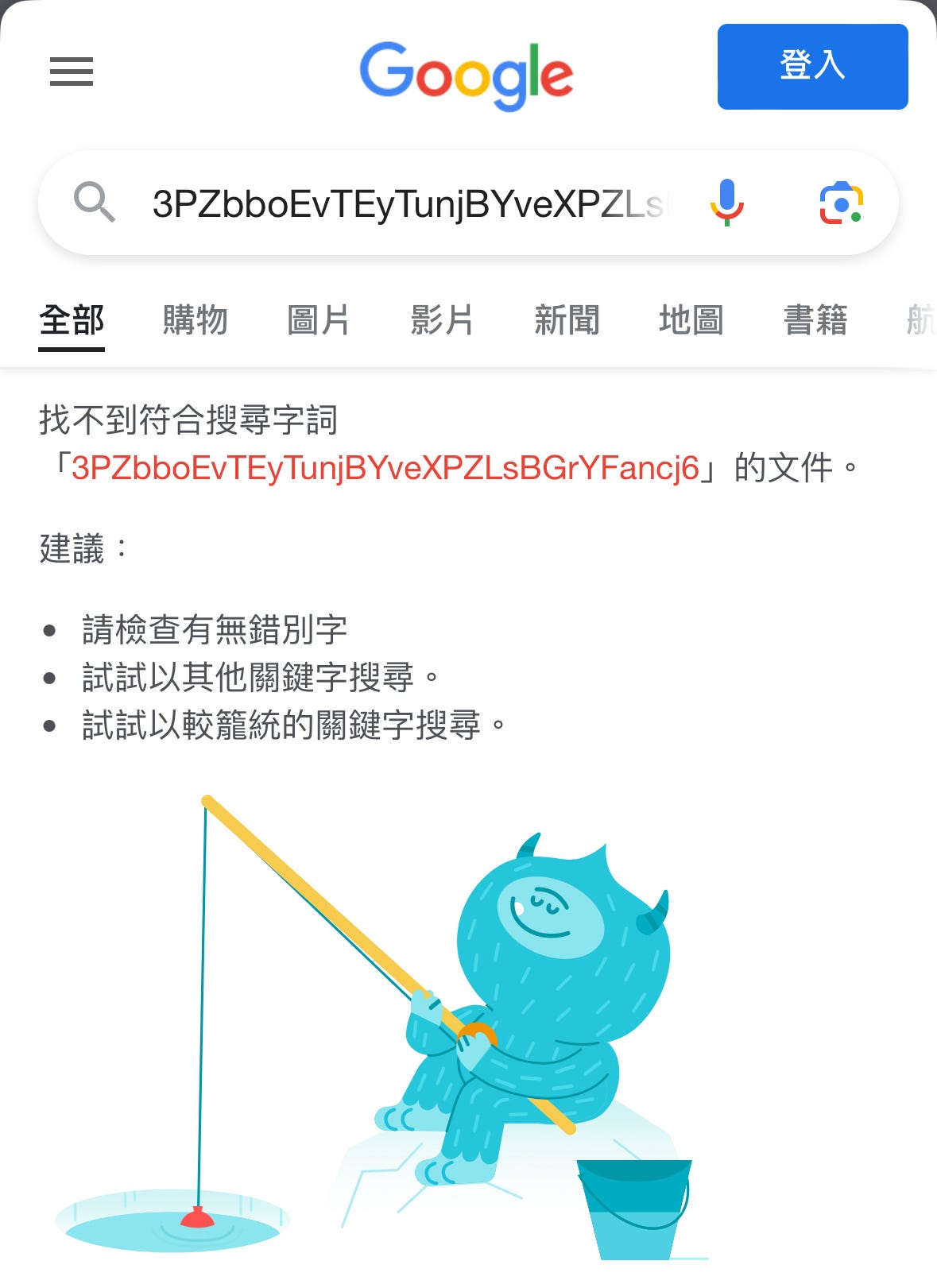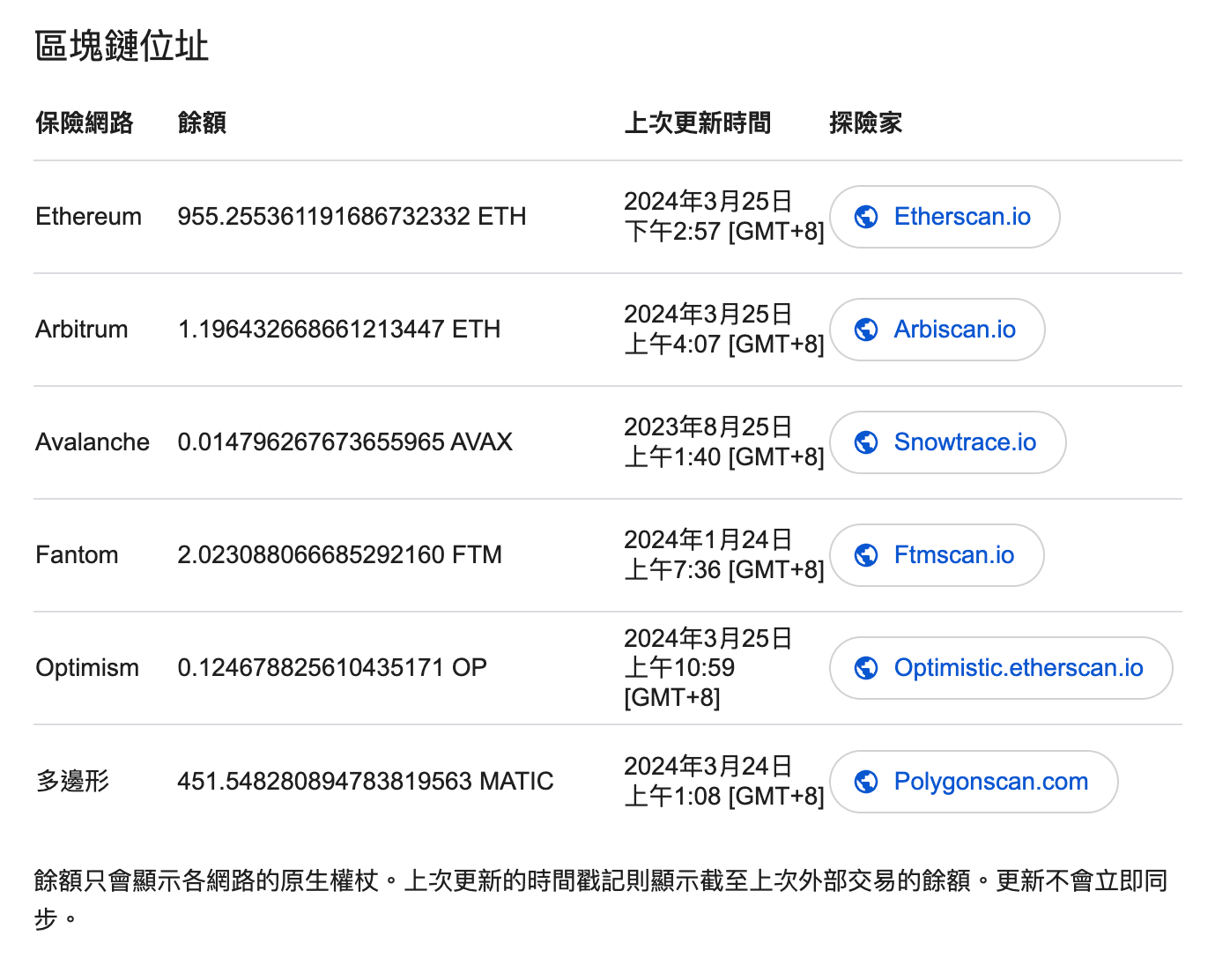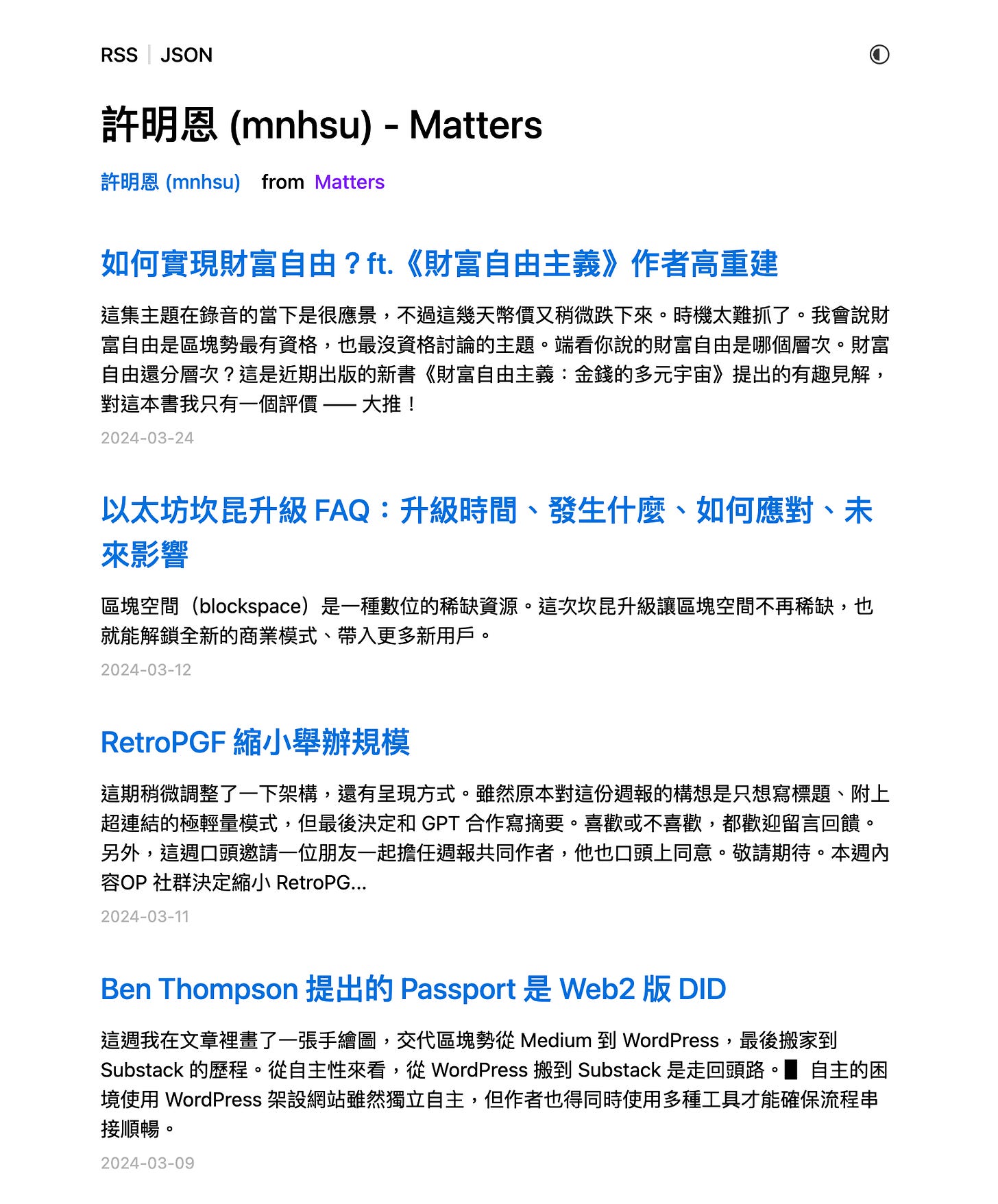GM,
This week, we'll discuss two news items, starting with FTX, which hasn't been updated for quite some time.
Early Redemption of FTX Assets
FTX Exchange experienced a sudden shutdown1 at the end of 2022. Its CEO at the time, SBF, was recently sentenced to 40 years in prison by US prosecutors, likely spending most of his remaining years behind bars. However, what users are more concerned about is when they can retrieve their funds.
Last week, Matters published an article titled "FTX Debt Acquisition in 2024: FTXCreditor Detailed Process Guide," providing a clear path for those looking to redeem their assets early. The author of the article, Darren Lu (darrenlu.eth), is also a victim of FTX's closure. After FTX collapsed, he wrote an article titled "Only Restarting, Brief Investment Records and Reviews of the Six-Year Currency Circle":
Before the incident, approximately 80% of virtual currency assets were held on FTX, 10% were allocated to conservative strategies on Steaker, and 10% were invested in NFT blue chips. Unfortunately, I was too busy this week to thoroughly filter through Discord and Twitter messages. Although I vaguely recall seeing relevant information, my trust in FTX has always been high, so I didn't think too much about it and missed the best opportunity to escape...
Looking back at Darren Lu's cryptocurrency asset allocation in 2024, few would have fared worse than him; it wouldn't be an exaggeration to say he was "completely wiped out." However, with recent increases in coin prices and the approval of Bitcoin ETFs, the assets that the team responsible for FTX's aftermath can recover have significantly increased. While people were once worried about whether FTX would repay its debts, now they're concerned about when and how much FTX will repay.
Debt Acquisition, as mentioned in the article, is a method for users to redeem FTX assets early. Currently, FTX is still in the liquidation phase, and the amount users will eventually recover remains uncertain. If you don't want to wait any longer, you can sever ties with FTX through debt acquisition. Several distressed debt acquisition companies in the market are doing business with FTX users, and FTXCreditor, mentioned in the article, is one of them.
Debt Acquisition
Users can sell their FTX debts to these companies at a discounted price, and they will take over the "debt collection" on your behalf, allowing you to retrieve a portion of your assets early. The percentage will increase with the likelihood of FTX repaying its debts, serving as a market confidence index for FTX's repayment. The following chart, provided by the debt acquisition company Cherokee Acquisition, shows that the acquisition price for debts exceeding $1 million is currently between 93% and 97%. This indicates that the market is quite confident that FTX will fully compensate its debts.
If you had $1 million in stablecoins on FTX, you should theoretically be able to retrieve $930,000 now. Although you're receiving $70,000 less, the advantage is getting off the sinking ship early. If the court orders FTX to return $1 million five years later, that $70,000 would be the profit for the debt acquisition company over these five years.
However, not everyone can retrieve such a high percentage of their money. Typically, the lower the debt amount, the lower the acquisition price because administrative costs are relatively high. Debt acquisition companies prefer dealing with a few big fish rather than a basket of small shrimps. If the debt is only $10,000, the administrative costs might not be worthwhile. Additionally, everyone has different loss amounts and investment concepts. Selling debt is only suitable for those with significant losses who urgently need to retrieve an asset to improve their quality of life.
For those who had BTC or ETH on the exchange, the prices are calculated based on the coin prices in 2022, approximately $16,000 and $1,300 respectively. These coins were essentially forcibly sold by FTX at the lowest price, and now selling the debt at a discount feels like being peeled twice.
During the waiting process, there's another possibility. With recent record-high coin prices, more and more people online are starting to question why FTX compensates users with (in a bull market) disadvantageous USD instead of the BTC or ETH they actually deposited initially.
Loss in Money or Coins
Among the numerous discussions, The Block's report "FTX Compensation May Need to Consider Recent Prices" is the most indicative, pointing out precedents for exchanges compensating in cryptocurrency. In 2013, Mt. Gox, the largest Bitcoin exchange globally, was hacked, and the Japanese court ruled for compensation to victims in both fiat currency and BTC. Recently, BlockFi compensated investors in cryptocurrency, and Celsius is likely to follow suit. Why can't FTX do the same?
The current CEO of FTX, John J. Ray, might argue, "When I took over, there were only 105 BTC left in FTX's wallet, but users want 100,000 BTC back. Where do I magically get the money to buy them back for you?" However, users would counter, "At that time, FTX's significant investment holdings were all staked on-chain, and now the price has increased tenfold. Moreover, the GBTC purchased at a discount back then can also be redeemed for BTC at a 1:1 ratio, maybe even with some left over!"
Ultimately, is there a high probability of cryptocurrency repayment? I would reference the price trends of BTC and SOL. If FTX were to repay investors in BTC, more people in the market would short SOL and long BTC, causing SOL prices to fall and BTC to rise. The higher the market's confidence in FTX's repayment in "coins," the more evident this trend should become. Based on recent price trends, the probability of FTX repaying in coins is probably low.
Google Supports ENS Domain Names
Last week, the Ethereum Name Service (ENS) made a surprising discovery on X — Google quietly supports ENS domain names! The search results for "vitalik.eth" are shown in the image below. But my initial reaction upon seeing this news was, "Isn't this old news?"
Later, I realized it was my mistake. Google's support for Ethereum can be divided into three stages: from no support, to supporting wallet addresses, and then to supporting ENS domain names. Initially, if people wanted to know their wallet balance, they had to use a browser like Etherscan (or my personal favorite, OKLink) to find out. It wasn't until May 2023 when Google announced support for Ethereum addresses that wallet balances could finally be displayed directly in search results. Unless one wanted to see more detailed transaction records, there was no need to navigate to a browser.
You might think this is just a small feature, but its symbolic significance is significant—Google has also established its own Ethereum node, becoming a bridge between two worlds. Google directly fetches data from the blockchain, bringing Ethereum to the most commonly used search engine, a treatment even Bitcoin doesn't have. Just search for a Bitcoin wallet address to see what it was like before Google supported Ethereum addresses.
In addition, Google now supports blockchain networks such as Ethereum L2, Polygon, and Avalanche, which use the same address format as Ethereum. Searching for wallet addresses will display them all at once, which is quite convenient.
Google quietly starting to support ENS domain names may seem like a minor development at first glance. However, ENS is not part of Ethereum's original design; it's a decentralized application (dapp) developed by third-party developers, similar to DeFi applications like Uniswap, Aave, or OpenSea.
This is likely the first time Google has integrated a decentralized application into its search engine, which certainly deserves celebration from the ENS development team. Furthermore, since Google can integrate ENS domain name information, it's also capable of integrating DeFi information in the future. This means that when users search for USDT, they could not only get the current exchange rate but also see the real-time lending rate for USDT, similar to DefiLlama.
It might seem impossible now, but just a few years ago, people couldn't believe that searching "BTC" on Google would bring up price information that previously required a visit to CoinMarketCap. It depends on whether you view Google's support for ENS as the endgame for participating in Web3 or as another new beginning.
However, Google's ENS search function is currently not very stable. Searching for "vitalik.eth" poses no problem, but searching for "mnhsu.eth" sometimes yields results and sometimes doesn't. It's not reliable. Moreover, the Chinese translations of search results also have many problems. For example, "blockchain network" is translated as "insurance network," "token" is translated as "scepter," "Polygon" is translated as "polygon," and "browser" is translated as "explorer." Even tokens can be mistaken; ETH on Optimism is translated directly as "OP," which is far from accurate in terms of pricing.
But these are all minor issues. I look forward to Google further supporting more comprehensive ENS information. ENS is the "URL" of Web3; it not only represents wallet addresses but also serves as domain names for personal websites. For example, in my case, mnhsu.eth is not only my wallet address; if you enter mnhsu.eth in the address bar of the Brave browser, you can also see the website I have hosted on IPFS. vitalik.eth has a similar setup.
The ability to transmit both information and assets simultaneously is the biggest difference between Web3 addresses and Web2.
One thing I've never understood in the Web3 domain is why ENS, which is so practical, is recognized by only a few Web3 applications to date, with even centralized exchanges not acknowledging it. However, recently, Web2 domain service provider GoDaddy announced a collaboration with ENS, allowing users to upgrade Web2 addresses to Web3 addresses2. With Google once again taking the lead by supporting ENS search ahead of many Web3 applications, it will surely prompt those applications that haven't yet supported ENS to reconsider its importance.
Blocktrend is an independent media platform sustained by reader subscription fees. If you find Blocktrend's articles valuable, we welcome you to share this piece. You can also join discussions on our member-created Discord or collect the Writing NFT to include this article in your Web3 records.
Furthermore, please consider recommending Blocktrend to your friends and family. If you successfully refer a friend who subscribes, you'll receive a complimentary one-month extension of your membership. You can find past issues in the article list. As readers often inquire about referral codes, I have compiled them on a dedicated page for your convenience. Feel free to make use of them.




